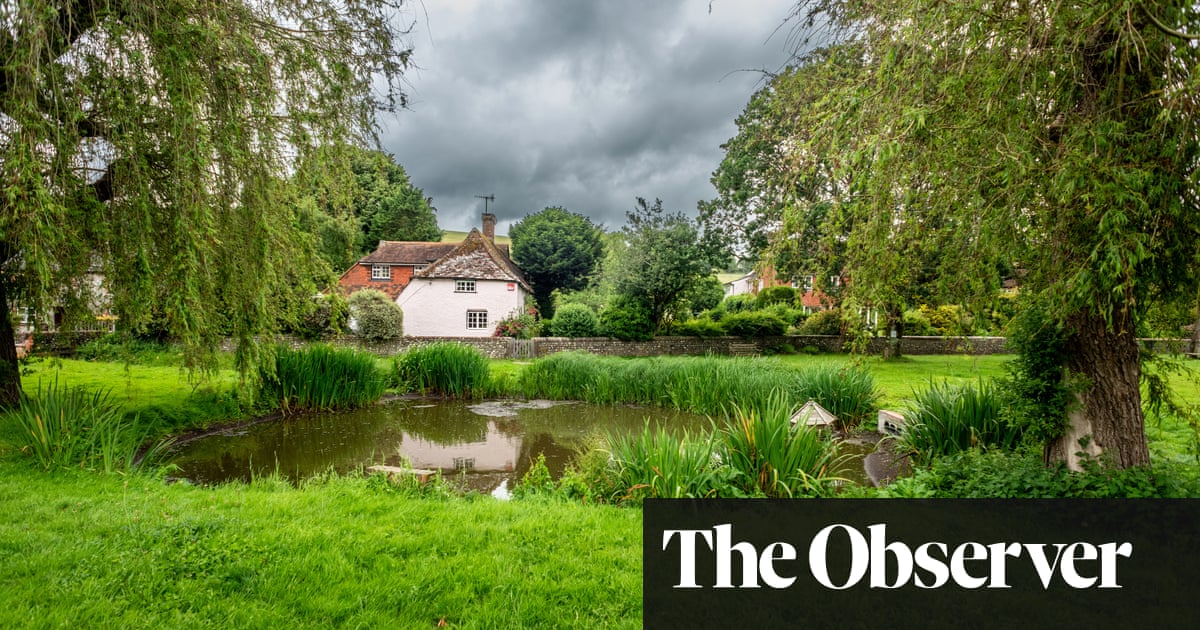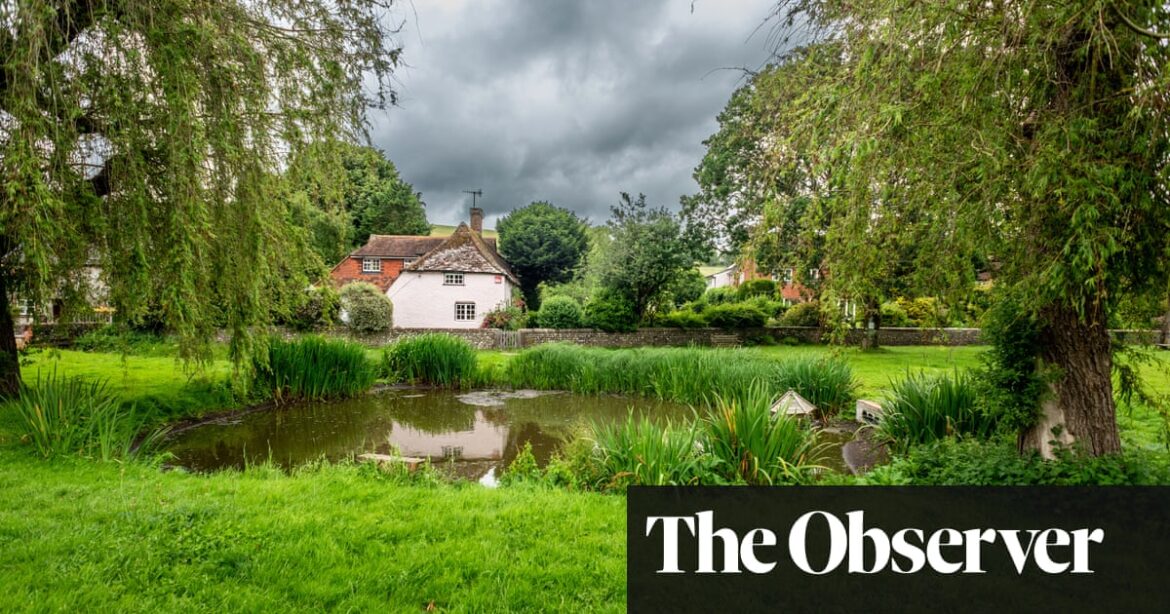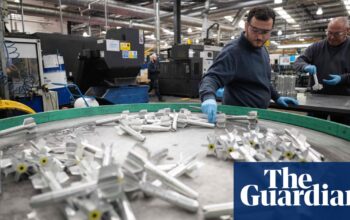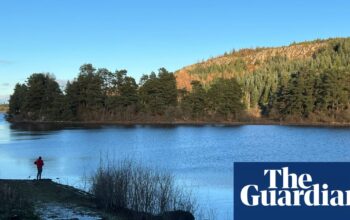
The sewage crisis was a significant factor in the Tories’ losing support in the “blue wall” in the south of England, electoral polling suggests.
Seven out of 10 voters supported legal measures to eliminate sewage spills in ecologically sensitive areas by 2030, according to polling conducted for Greenpeace by Survation just before the election. Less than a third of voters thought the Conservatives were right to weaken their commitments on the climate crisis and the environment.
The Tories lost 37 of the 52 “blue wall” seats in the south of England, with 24 taken by the Liberal Democrats, who campaigned strongly on sewage and the crisis of polluted rivers and beaches. Some of those seats, particularly along the Thames, include spots where some of the worst sewage problems have been reported.
One in four people in the region told pollsters that the Conservative party’s stance on the environment was a key reason for not voting for them; nationally, only a fifth of people cited this as a reason.
The poll of more than 10,000 people across Britain found that about four in 10 thought the Labour party’s policies on the environment were “about right”, while a further 23% thought they should be stricter. Only 15% thought they were too strict.
More than half of voters overall (about 55%) said policies relating to climate change and the environment were important in swaying their voting intention. About two-thirds of respondents supported raising taxes on the super-rich to reduce inequality and pay for a green transition to a low-carbon society.
Georgia Whitaker, climate campaigner at Greenpeace UK, said the new government must make top priorities of cleaning up the UK’s degraded natural environment and tackling the climate crisis. “This survey shows how Sunak’s divisive anti-green agenda, his net zero rollbacks and his desire to ‘max out’ oil and gas backfired at the ballot box,” she said. “Not only did it fail to shift the dial with voters, but it’s the direct reason many voters in seats the Conservatives have lost chose to vote for other parties.”
The strong increase in support for the Lib Dems and the Green party, both of which have much stronger environmental policies than Labour, should give Keir Starmer a warning, she said. “He should take note of the Green surge and the new ‘Orange Wall’ in the south. He may have achieved a historic victory but there is a lot of appetite for much bolder climate action, fairer taxes for the wealthy elite and the kind of investment needed to deliver the real change he is promising,” she said.
The Green party now has four MPs, up from just one, and more than doubled the number of votes it took, from under 900,000 in 2019 to roughly 1.9 million. The party took North Herefordshire, which previously had a 25,000 Conservative majority, and the newly created seat of Waveney in rural East Anglia, as well as winning in Bristol Central and retaining Brighton Pavilion.
Labour also took what was probably its highest share of countryside votes at the election, with more rural seats than it has had since its 1997 win, though boundary changes mean comparisons are inexact.
Victoria Vyvyan, president of the Country Land and Business Association, which represents landowners and rural businesses, said the Tories’ “rural wall” had collapsed, and Labour must make good on its promises to the countryside by overhauling the “archaic” planning system that stops much-needed new homes being built. “[Labour] needs to go for growth with a robust and ambitious strategy for the countryside,” she said.
Tom Bradshaw, president of the National Farmers’ Union, urged ministers to prioritise payments to farmers, who have had years of uncertainty since Brexit. “For Britain’s farmers, the number one priority for the new Labour government must be to set an increased multi-year agriculture budget for the duration of the next parliament,” he said.
“This is about investing in the future of British farming – in homegrown food, in the environment and in renewable energy.”
Source: theguardian.com



